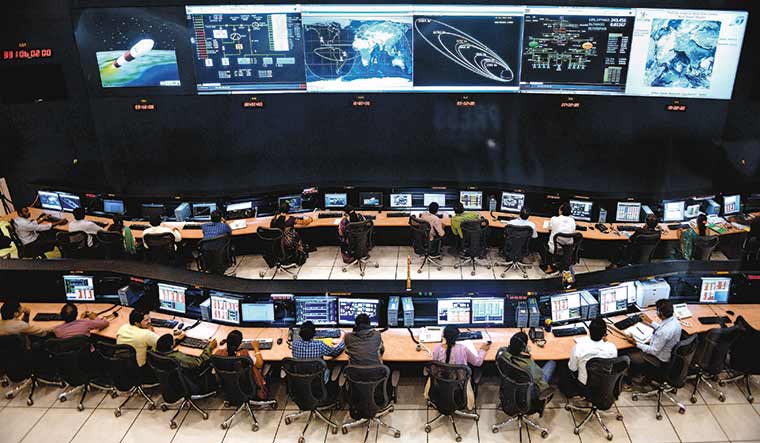
In a groundbreaking experiment performed by IBM, quantum computer systems have proven promising indicators of outperforming classical digital computer systems in sensible duties. This improvement has raised the likelihood that true quantum supremacy, the place quantum computer systems surpass classical ones, may very well be realized ahead of anticipated.
Quantum computer systems derive their energy from exploiting the ideas of quantum mechanics. On the quantum stage, matter displays each particle and wave properties, and quantum computing capitalises on this behaviour via specialised {hardware}. Not like classical physics, which fails to elucidate the operation of those quantum units, a scalable quantum pc holds the potential to carry out sure calculations exponentially quicker than any fashionable classical pc.
Classical computer systems, together with smartphones and laptops, retailer info in binary bits that characterize both 0 or 1. Conversely, quantum computer systems utilise quantum bits, or qubits, as the basic models of reminiscence. Right here lies the sting of quantum computer systems over classical ones. In eventualities with an enormous variety of potential mixtures, quantum computer systems can take into account them concurrently. Examples embody fixing advanced issues resembling discovering prime elements of enormous numbers or figuring out the optimum route between two areas.
Nevertheless, you will need to word that classical computer systems should still excel in sure conditions, implying that future computer systems may harness a mix of each quantum and classical computing applied sciences.
Presently, quantum computer systems are extremely delicate to exterior elements, resembling warmth, electromagnetic fields, and interactions with air molecules, which might trigger a qubit to lose its quantum properties. This phenomenon, referred to as quantum decoherence, results in system failures, which happen extra quickly because the variety of particles concerned will increase.
To safeguard qubits from exterior interference, quantum computer systems necessitate bodily isolation, cooling mechanisms, and managed power pulses. Moreover, extra qubits are required to rectify errors that will come up inside the system.
The latest research, printed within the journal Nature, showcased the prowess of IBM’s quantum pc, named Eagle, in simulating the magnetic properties of an actual materials at a quicker price than a classical pc. The achievement was made doable by implementing a specialised error-mitigation course of that compensated for noise, a elementary vulnerability of quantum computer systems.
Traditionally, quantum computer systems have confronted a major problem: the fragile quantum states of qubits are inclined to even the slightest disruption from the exterior atmosphere, compromising the knowledge they carry. Consequently, quantum computer systems have been susceptible to errors and characterised as “noisy.”
It’s price noting that any computational downside solvable by a classical pc can be solved by a quantum pc, and vice versa, adhering to the Church-Turing thesis. Nevertheless, quantum algorithms for particular issues exhibit considerably decrease time complexities than their classical counterparts. Notably, quantum computer systems have the potential to resolve issues which can be virtually infeasible for classical computer systems in an affordable timeframe, an idea referred to as “quantum supremacy.”
The profitable proof-of-principle experiment concerned IBM’s 127-qubit Eagle supercomputer, constructed on superconducting circuits. By measuring the noise generated by every qubit and predicting its impression, the researchers successfully simulated the magnetic state of a two-dimensional strong materials.
Whereas earlier claims of quantum supremacy have emerged, resembling Google’s 2019 experiment with its Sycamore quantum pc, which lacked sensible functions, the IBM demonstration tackled an actual, albeit simplified, bodily downside. This breakthrough conjures up optimism that the strategy may very well be prolonged to different techniques and extra advanced algorithms, as famous by John Martinis, a physicist on the College of California, Santa Barbara.



